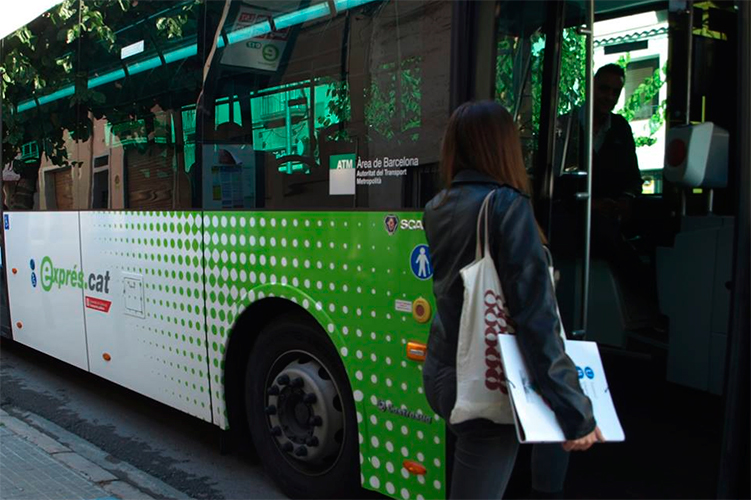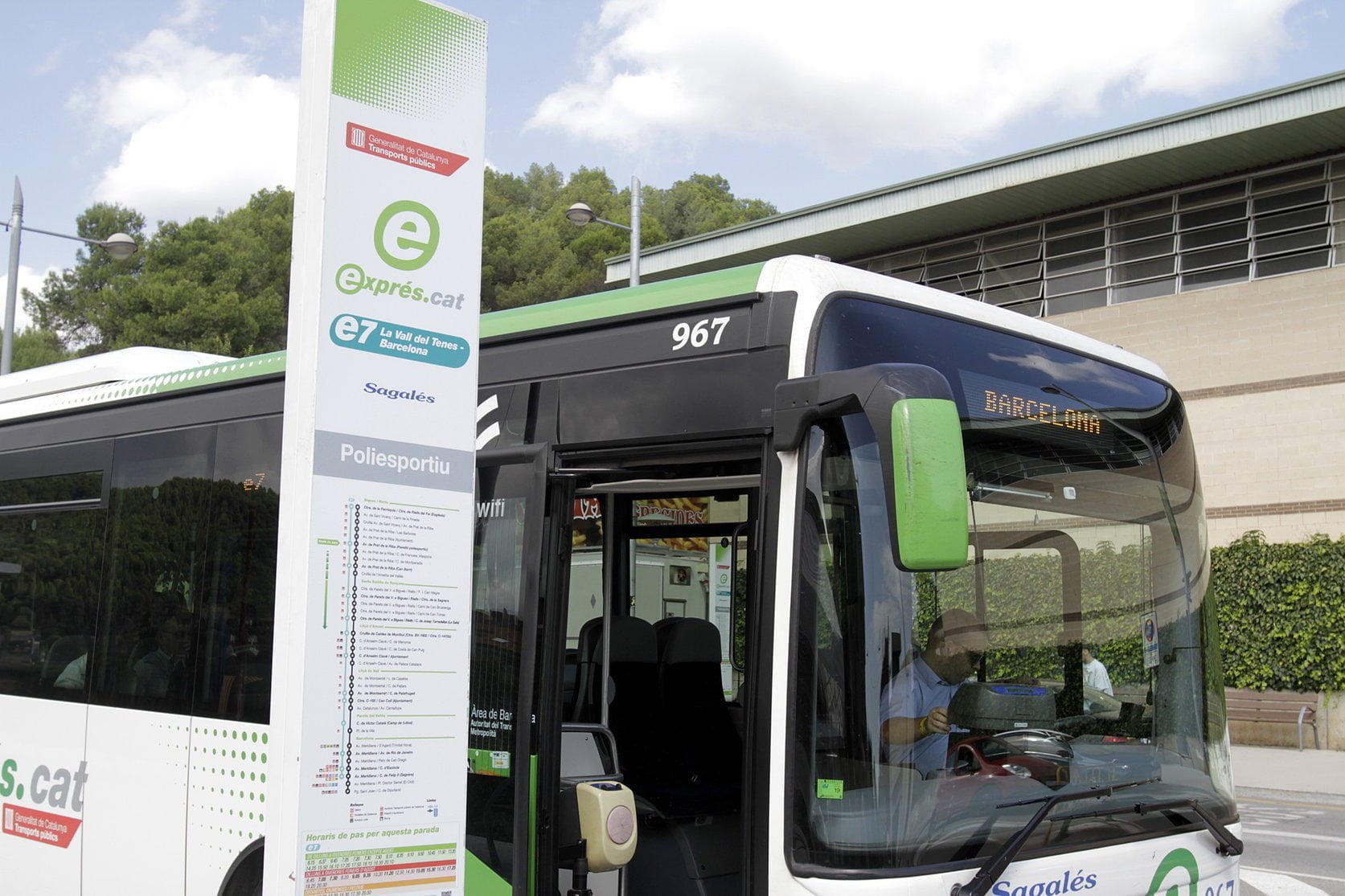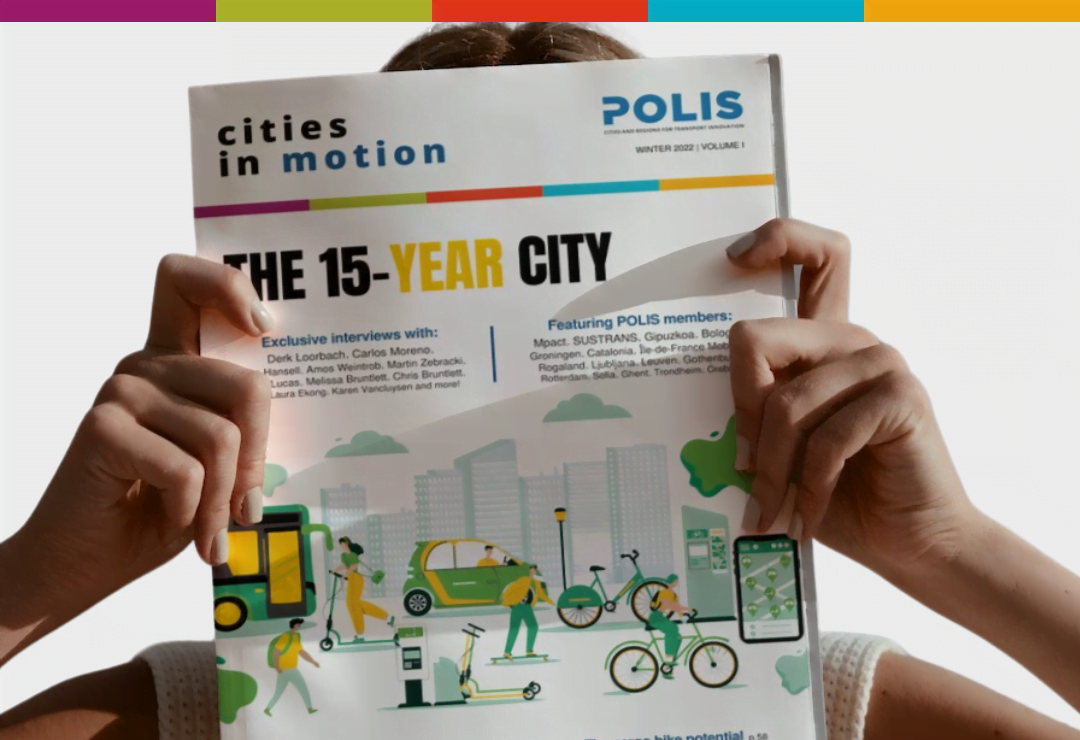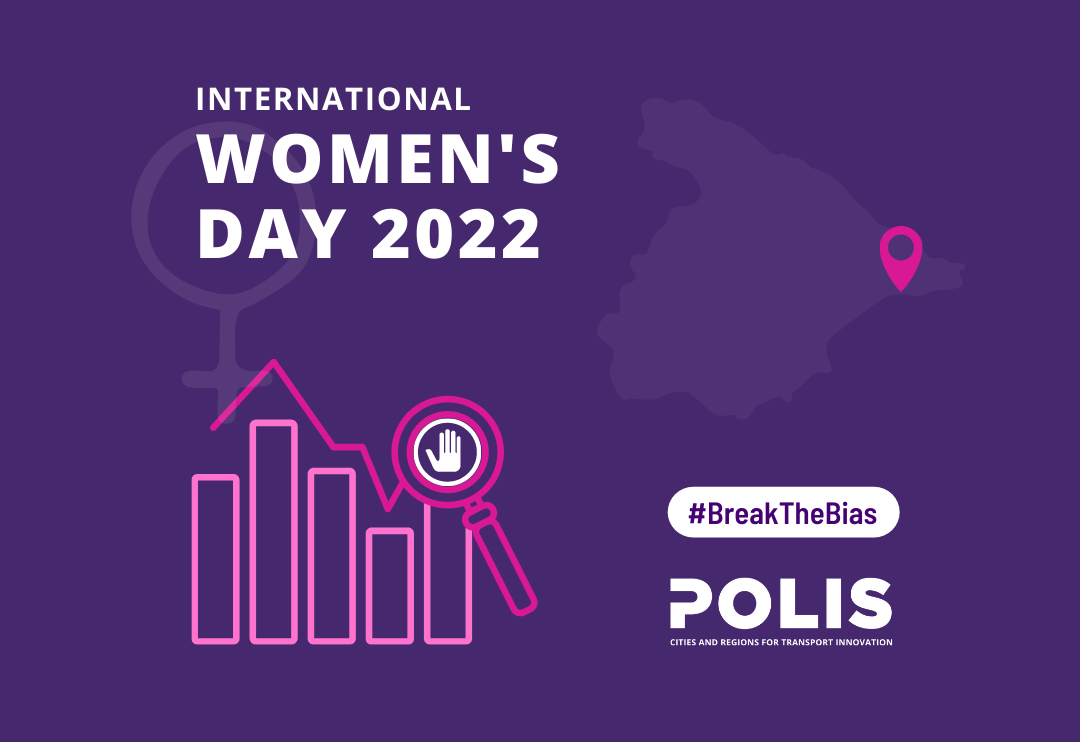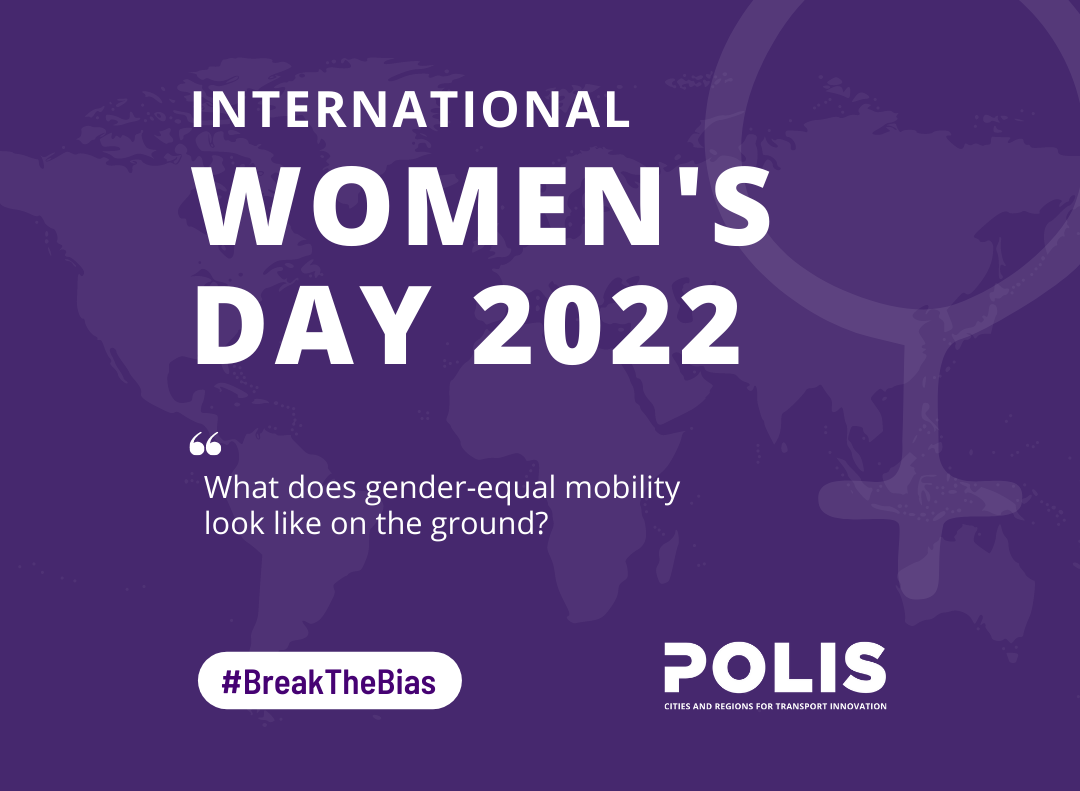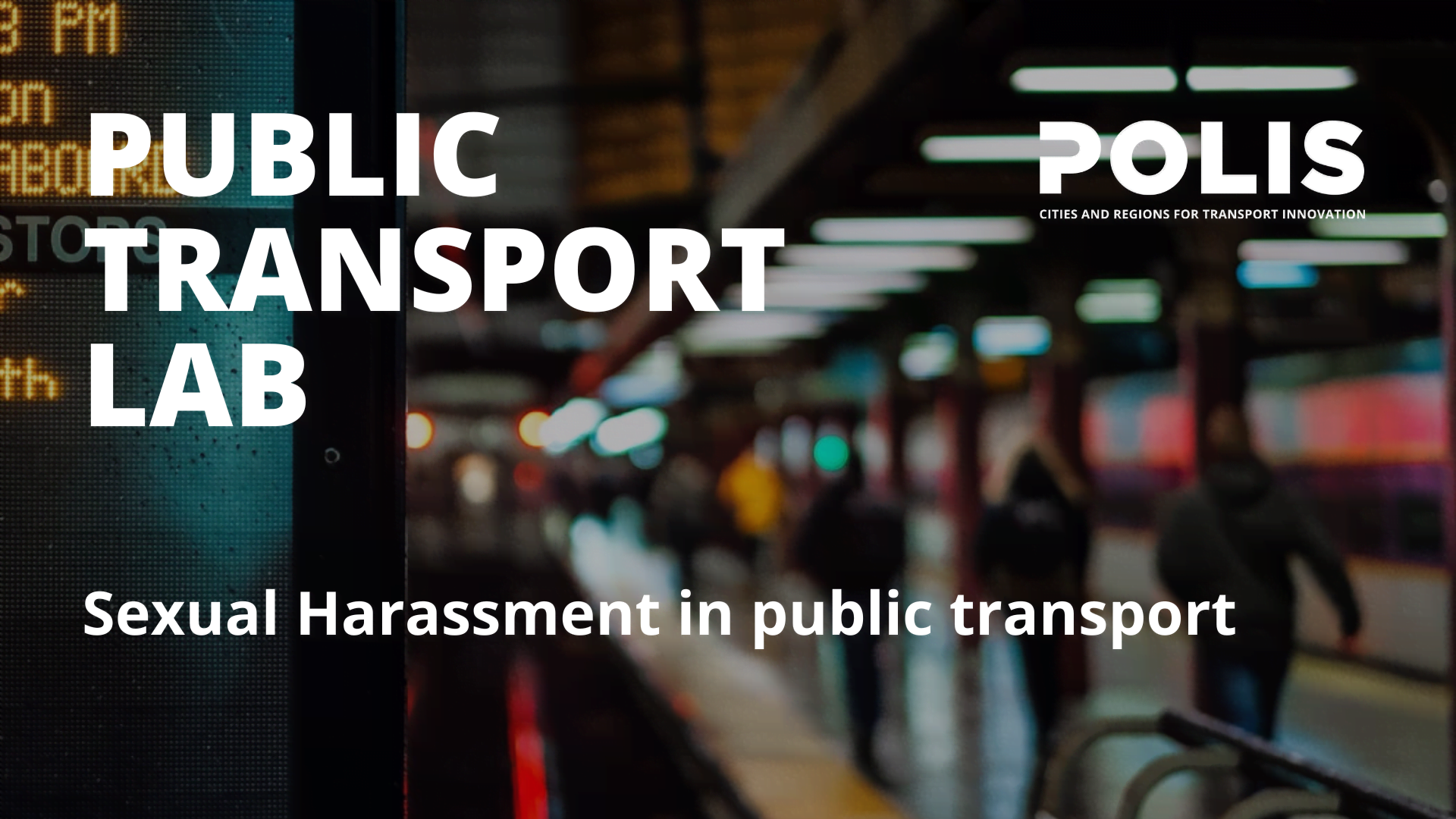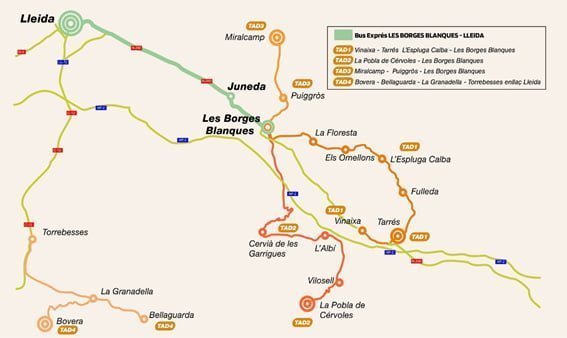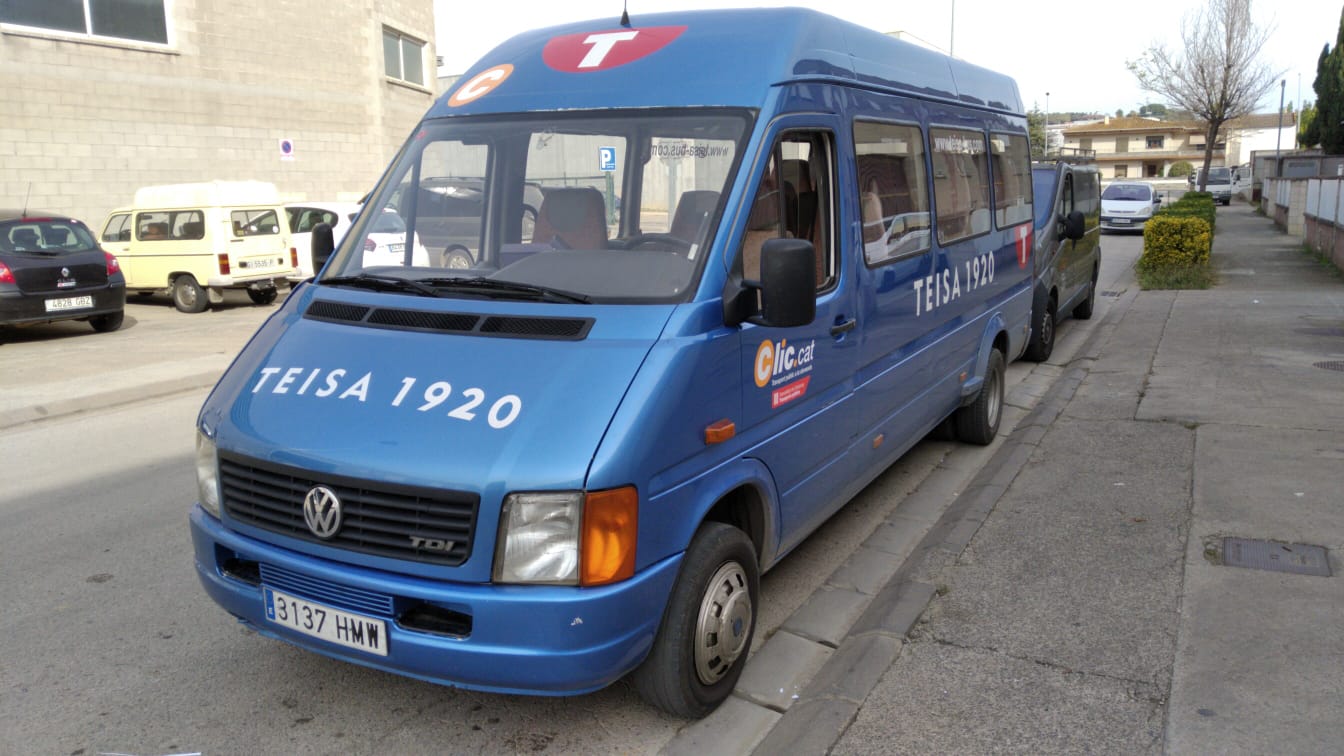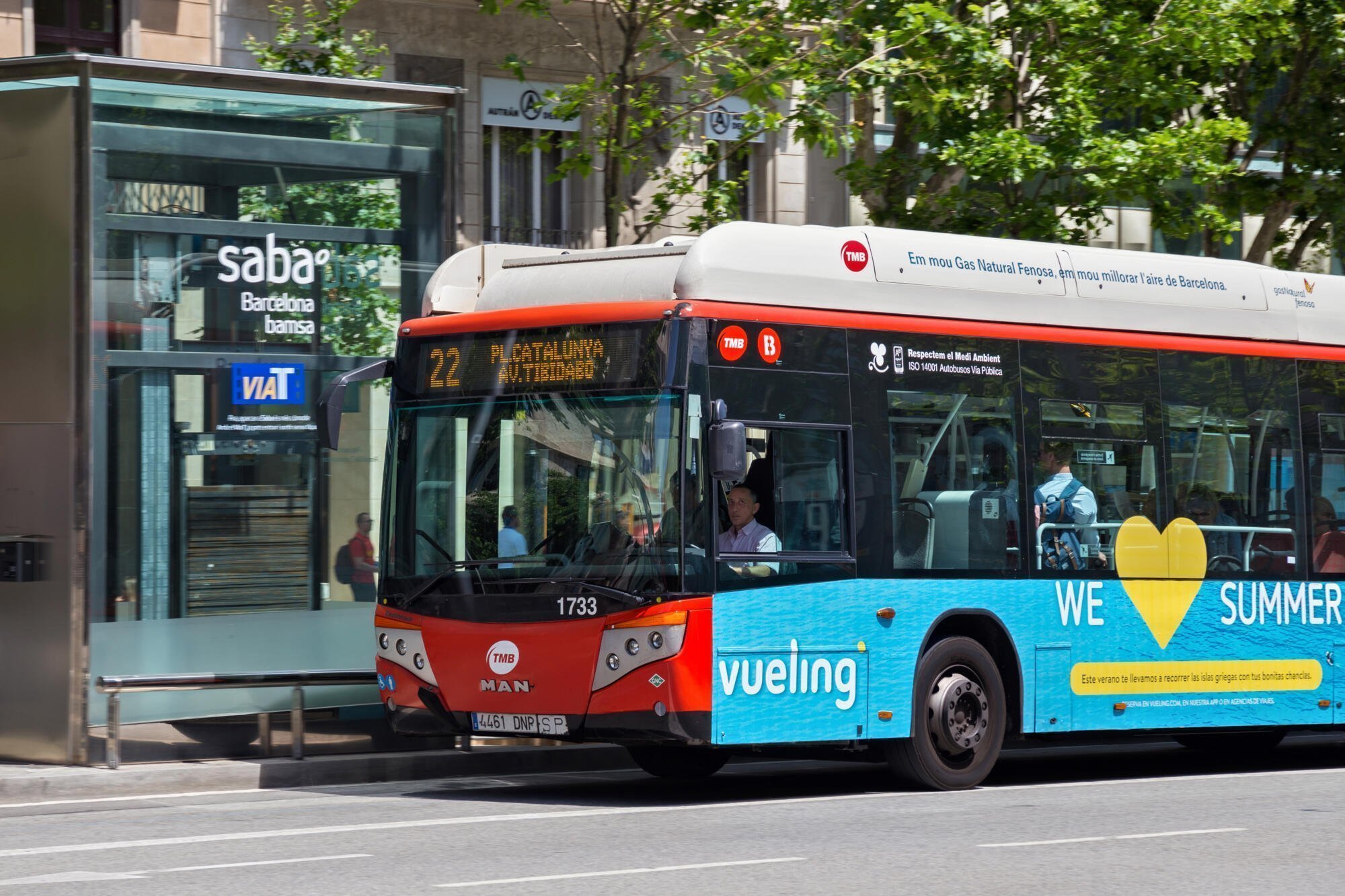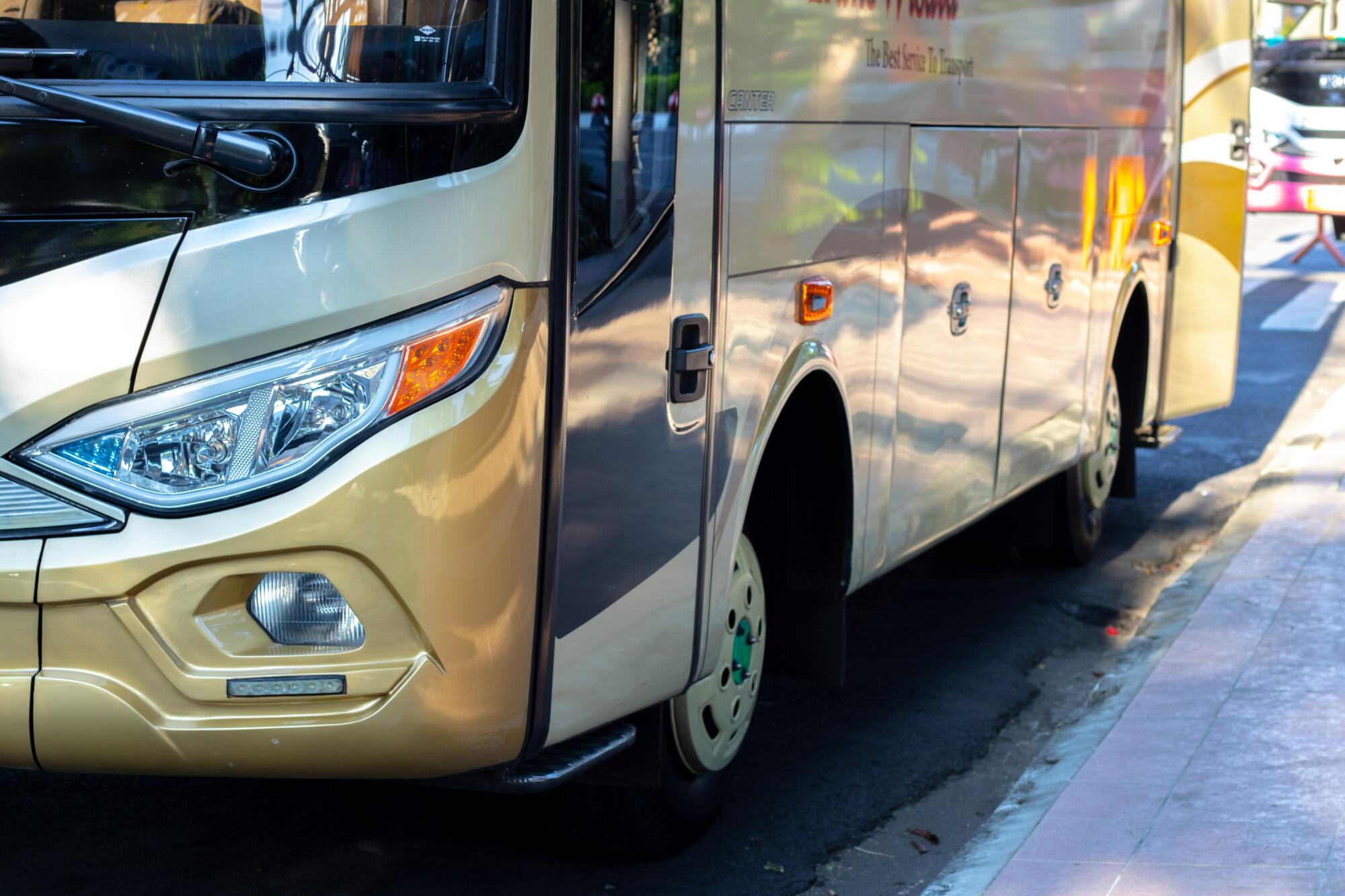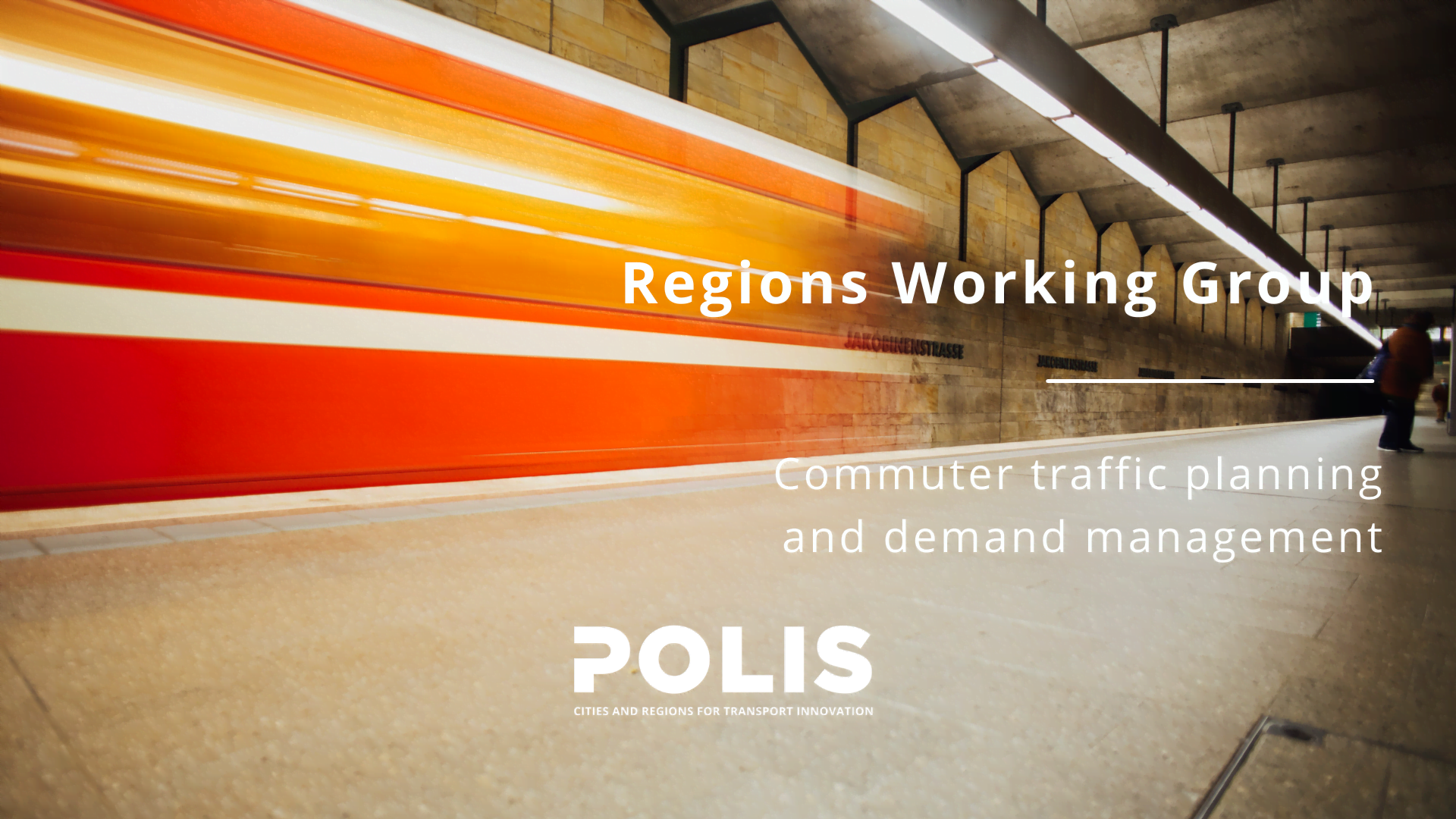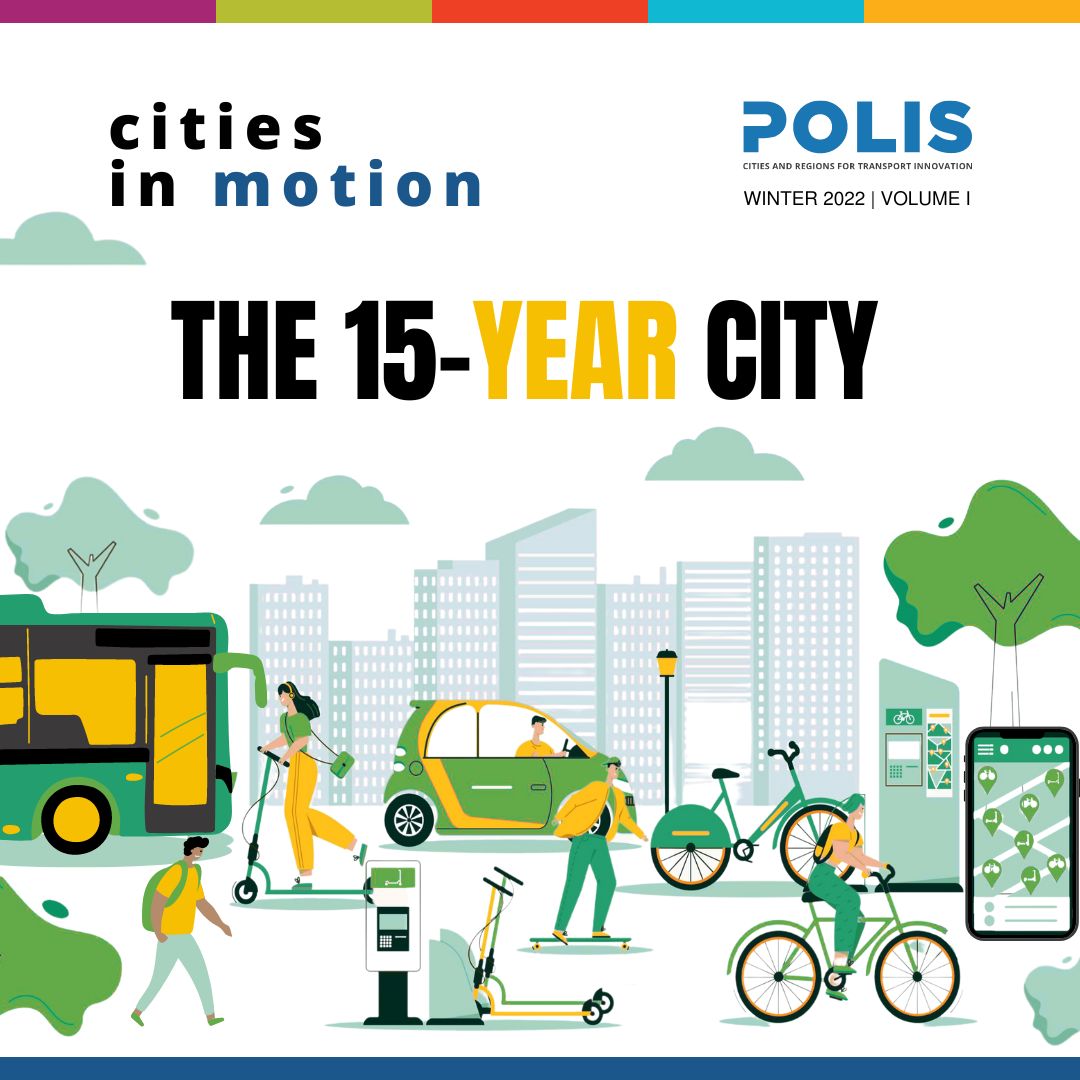Catalonia
With a population of 8.07 million and its capital in Barcelona, a POLIS member, Catalonia is transforming public transport, prioritising sustainability, innovation, and accessibility.
The Exprés.cat interurban bus network has revolutionised mobility, earning 8.1/10 user satisfaction. Since its launch in 2012, it has recorded over 180 million trips, with ridership surpassing 27 million in 2023. Now, Phase 2 will introduce 38 new lines, further enhancing connectivity. Beyond express services, Catalonia operates one of Europe’s largest demand-responsive transport (DRT) networks, covering over 700 towns. In 2023, ridership rose 14%, while the Clic.cat digitalisation initiative—expanding to 54 lines and 16 hubs—boosted users by 36%, proving the power of digital solutions.

On-demand services like Clic.cat at modern bus stations ensure rural accessibility, connecting diverse communities across Catalonia. Credit: Generalitat de Catalunya
To cut car dependency and promote greener travel, Catalonia is investing in the BRCat project, integrating bus, bike, and pedestrian infrastructure across six key corridors. Electrification is also a priority, with a growing fleet of electric buses and expanded charging infrastructure. Sustainable tourism is also in focus. The Last Mile Project supports eco-friendly travel, extending bus and cable car schedules and offering free bike transport on buses—reducing congestion in high-traffic areas.
Cross-border mobility is improving through the EU-funded ConnECT project, strengthening links with Occitanie, France, with new transport corridors and direct bus connections.
As a POLIS Regions Working Group member, Catalonia shares expertise in public-private partnerships and commuter travel planning. Its 856-line interurban bus network ensures reliable service, even in remote areas. Catalonia is also prioritising safe and inclusive transport, rolling out an action plan to combat sexual violence on public transit.
With a bold, future-focused strategy, Catalonia is setting new standards for sustainable, digital, and accessible mobility—creating a world-class public transport network for residents and visitors alike.
